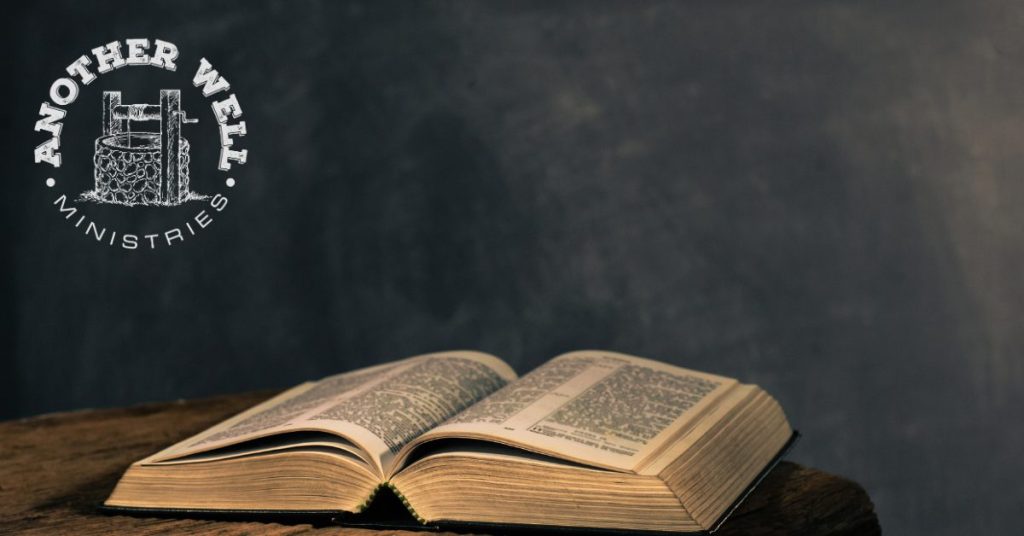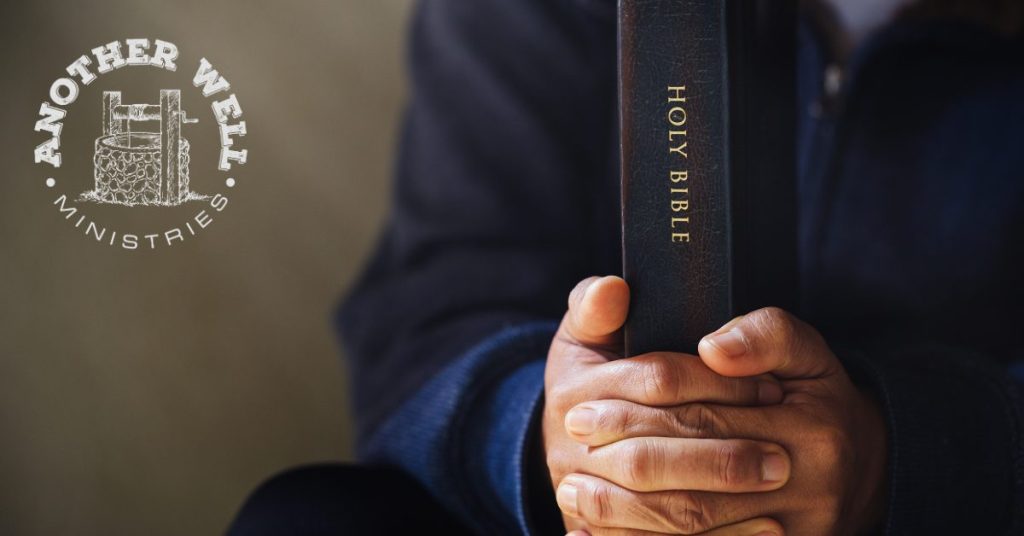Christmas Eve 1914, Rifleman Graham Williams of the 5th London Rifle Brigade observed something unusual while on sentry duty looking toward the German trenches. On the BBC’s radio show “Witness History,” Williams recounted, “All of a sudden, lights appeared along the German trench. And I thought this is a funny thing. … Then the Germans started singing ‘Stille Nacht, heilige Nacht.’ … I woke up the sentries [and others] … [to] see this and what the earth is going on. … They finished their carol, and we applauded them, and we thought we should retaliate in same way. So, we replied with ‘The First Noel.’” Williams stated the voices carried familiar songs across the desolation of “no man’s land” between the trenches, bridging the barrier of language with a musical reminder of their shared humanity.
The origin of the 1914 Christmas Truce is unknown because there wasn’t a uniform truce but rather consisted of localized events along the Western Front. In some areas the truce lasted a couple of hours, in others a couple of days and in others until New Year’s Eve.
In contrast, some of the Western Front did not experience the truce, with as many as 77 British soldiers being killed on Christmas Day 1914.
In 1968 the BBC took Col. Scott Shepherd to the battlefield in northern France where he remembered the truce seeming like an accident. He stated the fog Christmas morning “was so thick that you couldn’t see your hand in front of you.” Using this fog as cover, the soldiers began restoring the trench parapets and filling sandbags. Suddenly, the fog lifted.
Col. Shepherd shared, “It lifted astoundingly quickly. And along that line we were suddenly able to see Germans doing exactly the same thing all out in the open. And we just looked at each other for some time and then one or two soldiers went towards them. They met, they shook hands, they swapped cigarettes. They got talking. The war, for that moment, came to a standstill.”
Gen. Walter Congreve, Rifle Brigade leader, writing to his wife on Christmas Day, stated, we’ve had “an extraordinary state of affairs.” The trenches, being close to each other, allowed soldiers to shout greeting and initiate conversations. Congreve wrote, “A German shouted out that they wanted a day’s truce, and would one come out if he did? Very cautiously, one of our men lifted himself above the parapet and saw a German doing the same. Both got out, then more. … They have been walking about together all day giving each other cigars and singing songs.”
Col. Johannes Niemann, with the 33rd Saxon Regiment, recounted, “Suddenly, a Tommy came with a football … and then began a football match. We marked our goals with our caps. Tommy did also. And we had much kicking. And then, after all, the Germans won the football game 3-2.”
The ceasefire also allowed collection and proper burial of the dead.
Attempting to stop this truce, an order was issued to stop “fraternization with the enemy,” including threats of court martials. Officers were told to open fire on the enemy, so shots rang out and the hostility escalated.
The very next Christmas, officials made sure that machine gun barrages were deliberately timed to drown out the sound of any carol singing, preventing spontaneous truces from breaking out.
Historian Dan Snow of BBC’s podcast, “Voices of the First World War,” stated that while this truce may not have altered the course of the war, the fact it happened at all is miraculous. Snow stated, “The truce was a brief tantalizing flash of individual humanity, in a war of bureaucracies, machines and high explosives.”
Experiencing the truce, Col. Shepherd stated, “For a brief moment, soldiers on different sides saw each other as fathers, brothers and sons who just longed to go home and return to loved ones, rather than as faceless enemies to be killed.”
In 1944 a similar occurrence happened on a much smaller scale. It was Christmas, and the Battle of the Bulge was raging. Three American soldiers were lost in the Huertgen Forest. They came upon the small cottage of 12-year-old Fritz Vincken and his mother. Communicating in limited French, the Americans asked if they could spend the night. The mother invited them in and began preparing a meal of potatoes and a rooster they were saving for the reunion with Fritz’s father. Upon removal of their heavy coats, Fritz recalled, “…they looked merely like big boys. And that was the way Mother began to treat them.” Next, a knock at the door revealed four lost German soldiers looking for a place to stay the night. The mother told them I have other guests “you might not consider friends,” but then she said, “You could be my sons and so could they … you can have a warm meal and eat ’til the pot is empty. … This is Christmas Eve, and there is no shooting here. … This one night, this Christmas night, let us forget about killing.”
The soldiers consented. Everyone left their weapons outside. As they set for the meal, teary-eyed, the mother prayed, “Komm, Herr Jesus. Be our guest …” Fritz stated there were tears in the eyes of the battle-weary soldiers, too. About midnight, the mother went to the doorstep and asked the soldiers to join her. Looking at the brightest star in the heavens, they considered it the Star of Bethlehem. Fritz stated, “During the moment of silence, … the war was a distant, almost-forgotten thing.”
In the morning, Christmas Day, the soldiers shook hands and departed, heading back to their own armies.
There will be no Christmas Truce for the Ukrainian/Russian war, as Vladimir Zelensky rejected a ceasefire and prisoner exchange proposed by Hungarian Prime Minister Viktor Orban. It is a shame we cannot spare people who gave us Mykola Leontovych, the Ukrainian composer of “Carol of the Bells,” or Leo Tolstoy, the Russian who wrote, “Martin the Cobbler.”
“Blessed are the peacemakers: for they shall be called the children of God.” (Matthew 5:9)
The post All I want for Christmas is the killing to stop appeared first on WND News Center.
This post originally appeared on WND News Center.






